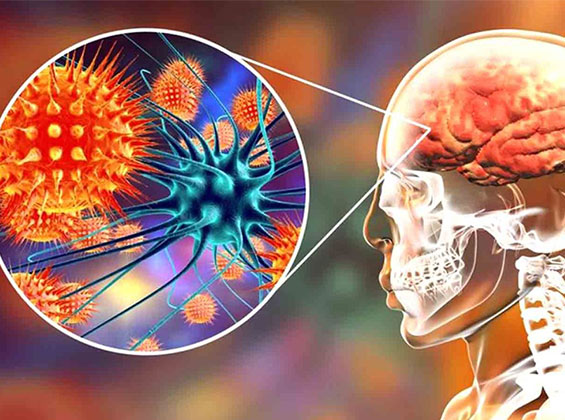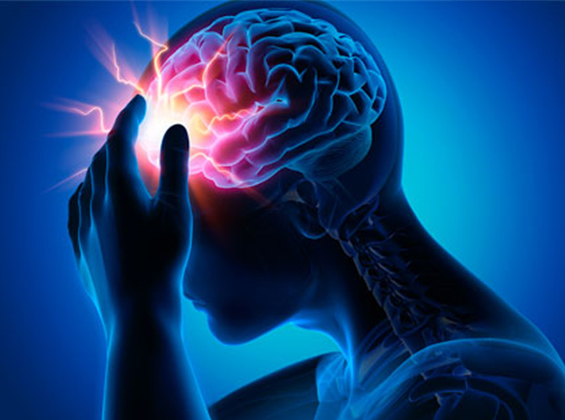-
30-166 Meadowood Dr., Winnipeg, MB, R2M 2J9
Specialization

Stroke
A stroke is a medical emergency that occurs when blood flow to the brain is interrupted, leading to potential brain damage and loss of function.

Migraine and other Headaches
Conditions like migraines, concussions, and other neurological issues affecting the brain, skull, or scalp can lead to symptoms such as intense headaches, dizziness, and memory difficulties.

Parkinson Disease and other Movement Disorder
Parkinson's disease is a progressive neurological disorder that affects movement, causing symptoms like tremors, stiffness, slowed motion, and balance problems.

Spine Diseases
Spine diseases refer to conditions affecting the spinal cord or vertebrae, such as herniated discs, spinal stenosis, and scoliosis, leading to pain, numbness, or mobility issues.

Falls in Elderly
Falls in the elderly are a common cause of injury, often resulting in fractures, decreased mobility, and a loss of independence.

Neuromuscular Diseases
Peripheral neuropathy is a condition that results from damage to the peripheral nerves, causing symptoms like numbness, tingling, and pain, usually in the hands and feet.

Gait and Balance Disorders
Gait and balance disorders affect a person's ability to walk steadily and maintain balance, increasing the risk of falls and injuries.

Dementia
Dementia is a decline in cognitive function that affects memory, thinking, and daily activities, often caused by Alzheimer's disease.

Epilepsy
Epilepsy is a neurological condition marked by recurrent seizures caused by abnormal electrical activity in the brain. It can lead to episodes of altered awareness, involuntary movements, and, in some cases, temporary confusion or loss of consciousness.

Botox in Neurological Disorders like Migraine and Dystonias
Botox is an effective therapeutic option for managing certain neurological conditions such as chronic migraines and dystonias. It works by blocking nerve signals to targeted muscles, helping reduce pain, muscle spasms, and abnormal movements—improving both comfort and quality of life for patients.